The EJP RD FAIRification stewards’ team was established to support partners in the EJP RD with the FAIRification process of their resource, starting with the ERN registries. The team is comprised of members from different institutions involved in EJP RD. The stewards’ aims include, but are not limited to, identifying the ERNs needs, providing advice regarding the implementation of a FAIR registry as well as promoting convergence in FAIR implementation choices between the registries and with those of the EJP RD Virtual Platform. The team contributes to the EJP RD R&D through a continuous feedback loop with EJP RD research and development of the platform. The FAIRification stewards complement the local technical team (i.e., the registry developer, the registry project manager) that is responsible for implementing and maintaining their FAIR infrastructure. The stewards can provide them with technical advice related to the FAIRification process or refer them to the EJP RD technical experts upon need. The objective of the FAIRification stewards’ team is to transfer FAIR knowledge in such a way that at the end of EJP RD project, the local technical teams will be able to continue to FAIRify their resources independently.
After a first successful year of existence mostly focused on ERN registries, area of operations of the FAIRification stewards have been extended to other EJP RD resources such as Wikipathways, neXtProt, hpscreg, and Cellosaurus. In addition, the FAIRification Stewards group has been assisting ERNs and other resources with onboarding to the Virtual Platform. The group has produced documentation and other tools to support this task.
The FAIRification stewards’ activities include:
- On-demand availability to participate in ERN registries technical meetings
- Exchange knowledge and experience about FAIRification between ERNs and from experts to ERNs (e.g., ERN Frequently Asked Questions)
- Help ERNs apply the FAIRification process for their specific implementation needs
- Align the registry with EJPRD R&D developments
- Refer the registry local team to EJPRD experts when needed
- Identify training needs and FAIRification bottle-necks
- Organize training workshops and hackathons (e.g., ERN technical workshops*, ERN coffee* sessions with experts and CDE Semantic Model Implementation Hackathons)
- Develop FAIRification smart guidance (coming soon)
*Access requires registration
Useful links
- Recorded EJP RD training on FAIRification for Rare Disease European Registries (access requires registration)
- CDE in a Box FAIRification kit (install CDE Semantic model, Triple Store, SPARQL endpoint and FAIR data point)
- Semantic data model for EU RD CDEs
- EU RD Platform set of Common Data Elements (CDEs)
- Journal Paper “Towards FAIRification of sensitive and fragmented rare disease patient data: challenges and solutions in European reference network registries”
- Journal Paper “Building expertise on FAIR through evolving Bring Your Own Data (BYOD) workshops”
Meet the team
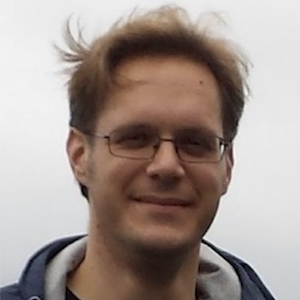

Joeri obtained a bachelor’s degree bioinformatics in 2008, graduating on pathway visualization of kinase activity. He worked as a scientific programmer on web-based databases, methods and visualization tools for various multi-omics research projects involving plants, mice and nematodes. In 2018 he completed his PhD on translational software infrastructure for medical genetics at the University of Groningen. Now, by combining machine learning and data infrastructure research, he aims to revolutionize the speed, yield and applications of molecular decision support systems and bring those innovations into clinical practice where they can truly make a difference. In his work, he is a strong advocate of open source programming, open access science, and FAIR data.
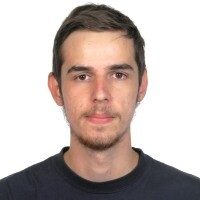

Alberto has a Master’s Degree in Computational Biology from the Technical University of Madrid in Spain. After several experiences with the Semantic Web, knowledge representation, acquisition and data management, Alberto joined the European Joint Programme on Rare Diseases as a Pillar 2 contributor and a FAIRification Steward.
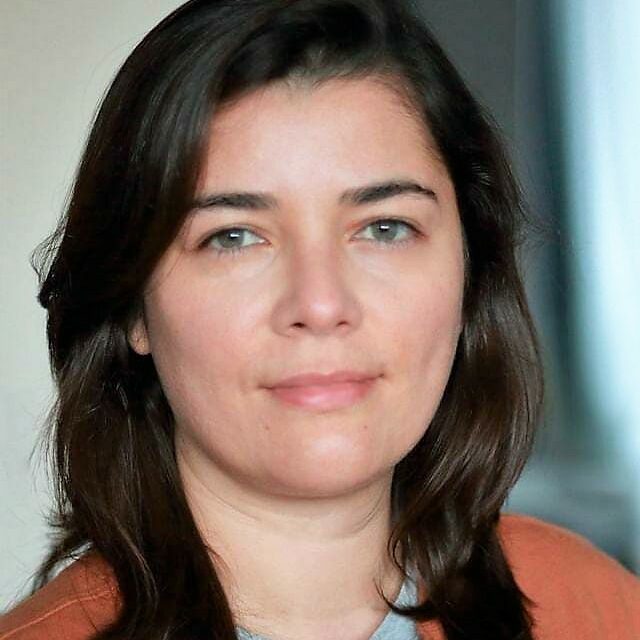

Bruna has over 6 years’ experience working in hospitals and a background in hospital management and public health. She studied Hospital Management at University Feevale (Brazil – 2014) and a Public Health Master’s degree from the University of Porto (Portugal – 2018), focusing on data quality of hospital-based cancer registries. In 2019, she joined the Center for Molecular and Biomolecular Informatics (CMBI) and Medical Imaging departments at Radboudumc (Netherlands) as a FAIR data steward working on the Registry for Rare Vascular Anomalies (VASCA) and European Joint Programme on Rare Diseases (EJP-RD). At EJP-RD, Bruna collaborates with the Metadata WF, FAIRification WF and by leading the FAIRification Stewards.
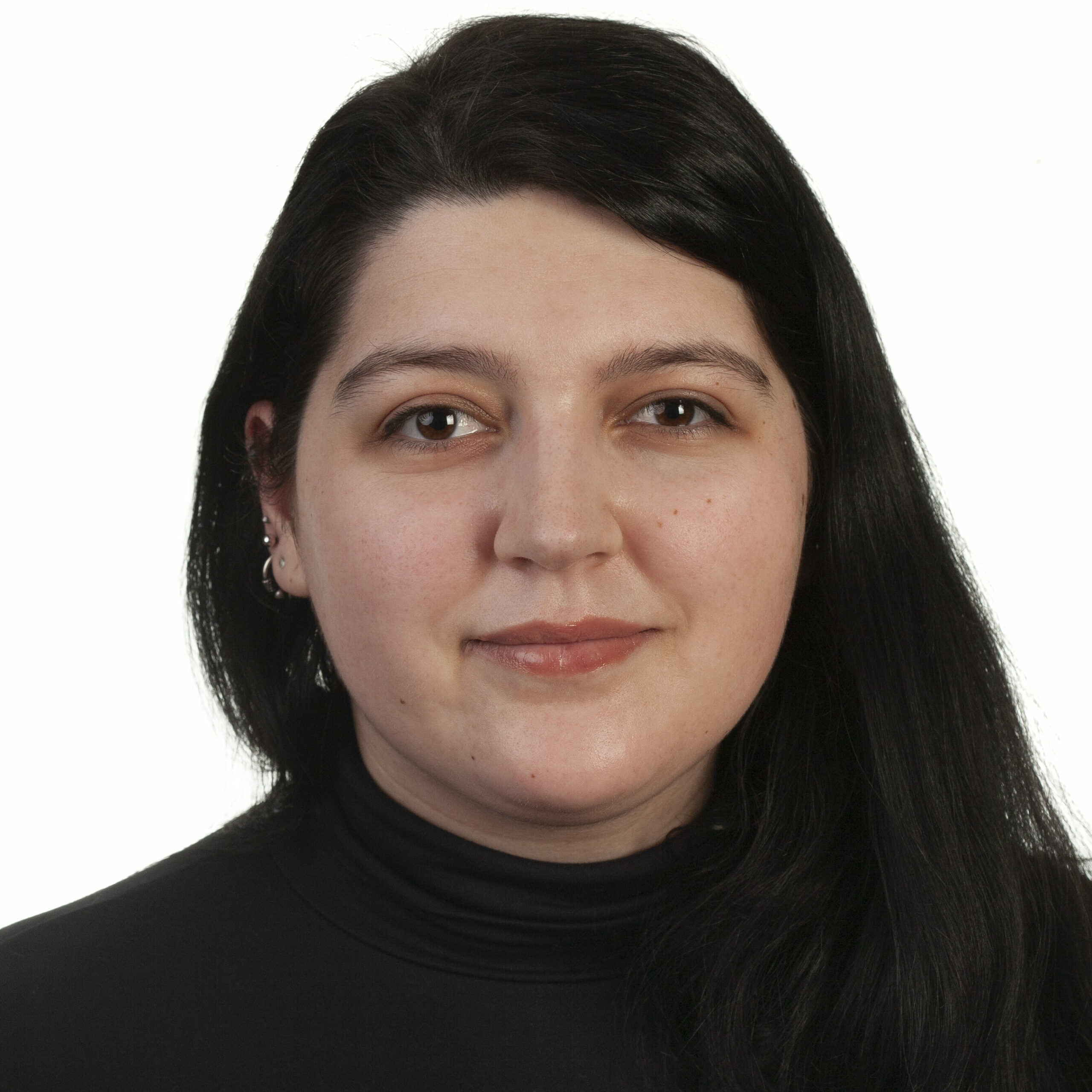

Ines graduated from the University of Lisbon with a MSc in Pharmaceutical Sciences (2020), her thesis focused on the usage of pharmacogenetic data by community pharmacists to guide personalized therapeutic options for patients. In the same year, she started working as data analyst for the Portuguese National Medicine Agency (INFARMED I.P.), and later joined the European Medicines Agency as Scientific Officer focusing on data mapping of Post-Marketing Authorization Measures (Amsterdam – 2021). She joined in September 2021 the Radboud University Medical centre as FAIRification Steward for both the European Joint Programme on Rare Diseases and the Healthy Data Program.
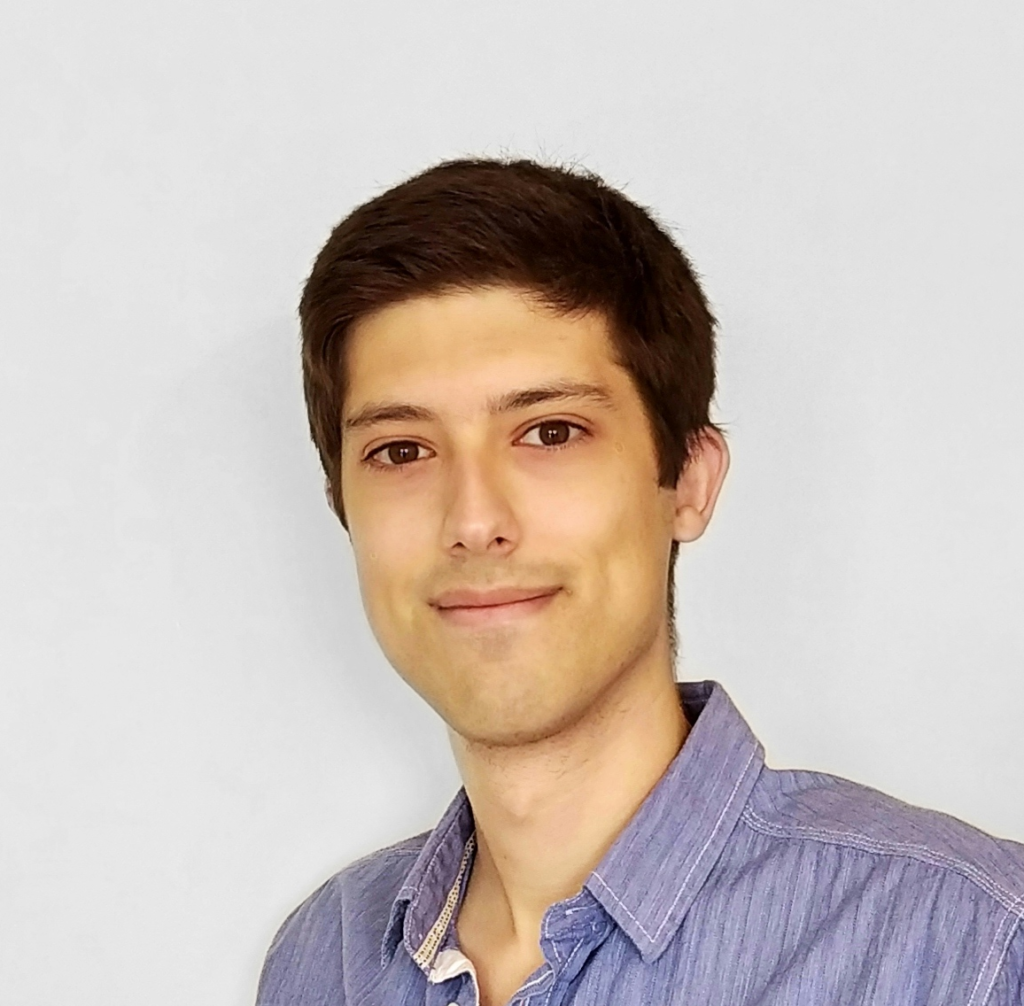

Jose obtained a BSc in Biology from the University of Málaga and a MSc in Bioinformatics from the University of Potsdam. In October 2022, he joined the Universitätsklinikum Heidelberg (Germany) as a Data Scientist working on the ERKReg registry, the European Rare Disease Research Coordination and Support Action (ERICA) as Project Manager for the WP2, and the EJP RD as FAIRification steward.


César Henrique Bernabé is from Vitória, Brazil. He received a BSc degree in Computer Science from the Federal University of Espírito Santo in 2017, followed by an MSc degree in Informatics in 2020 from the same university. His master’s research focused on the use of ontologies to improve requirements elicitation methods for software engineering. In 2020, he joined the Biosemantics group at Leiden University Medical Centre as a PhD student, where he is researching FAIR principles and the use of foundational ontologies for translational research, and how methods from Software Engineering can be reused and aid Bioinformatics research. He joined the EJP RD FAIRification Stewards group in July 2020.
